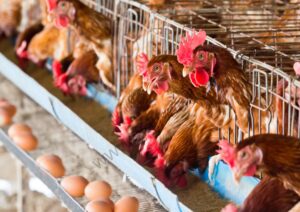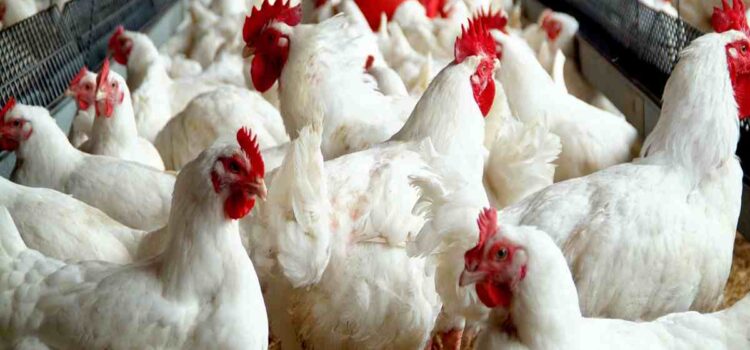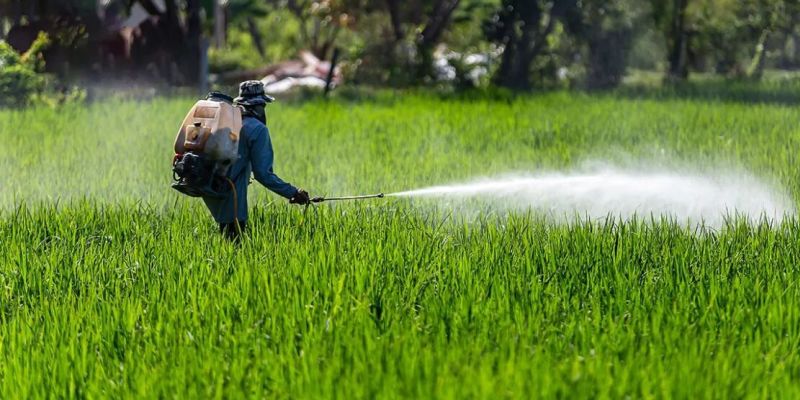Business of Poultry Farming

Poultry farming refers to the process of raising domesticated birds, such as chickens, ducks, turkeys, and geese, for their meat, eggs, or feathers. It is a branch of animal husbandry and is practiced worldwide for commercial purposes as well as small-scale or backyard farming.
Here are some key aspects of poultry farming:
1. Housing:
Poultry farms require suitable housing facilities to protect the birds from predators, harsh weather conditions, and diseases. The housing should provide proper ventilation, lighting, temperature control, and enough space for the birds to move around comfortably.
2. Breeds and Stock Selection:
Different poultry breeds are available, each with its own characteristics and suitability for specific purposes. The selection of appropriate breeds depends on factors such as the desired product (meat or eggs), market demand, climate conditions, and available resources.
3. Feeding and Nutrition:
Providing a well-balanced diet is crucial for the health and productivity of poultry. Feed should contain the necessary nutrients, including carbohydrates, proteins, fats, vitamins, and minerals. Commercially formulated feeds are available, or farmers can create their own feed mixes based on the specific requirements of the birds.
4. Health Management:
Maintaining good health is vital in poultry farming. Regular vaccinations, preventive medications, and biosecurity measures help prevent and control diseases. Monitoring the birds for signs of illness, providing clean water, and maintaining proper hygiene in the poultry house are essential practices.
5. Egg Production:
If the focus is on egg production, farmers need to provide appropriate nesting areas and ensure a consistent supply of clean water and quality feed. Regular collection of eggs is necessary to prevent spoilage or breakage.
6. Meat Production:
For meat production, farmers need to monitor the growth of the birds and provide a nutritious diet to promote healthy weight gain. Proper handling and transportation of birds for slaughter are essential to ensure meat quality.
7. Marketing and Sales:
Poultry farmers need to identify potential markets for their products, whether it is selling eggs, meat, or other poultry-related products. Developing relationships with local retailers, restaurants, or wholesalers can help in marketing and sales.
It’s important to note that poultry farming practices and regulations may vary by country or region. Local laws, animal welfare standards, and market demands should be considered when starting or expanding a poultry farming operation. Consulting with local agricultural authorities or experienced poultry farmers can provide valuable insights specific to your location.






